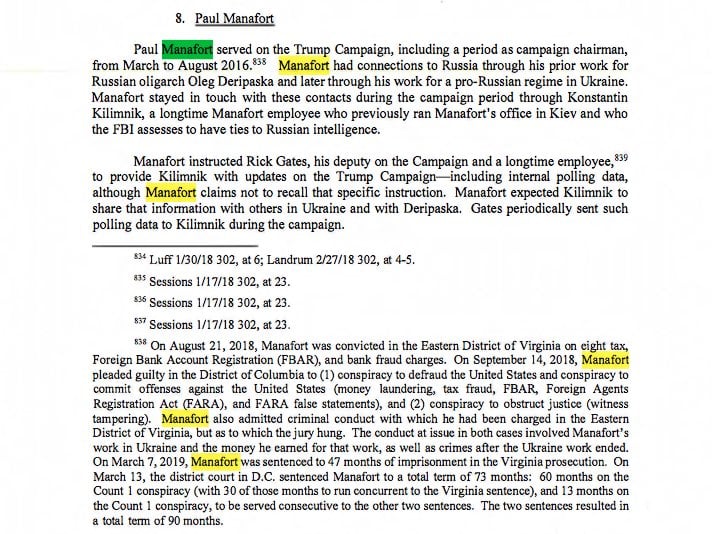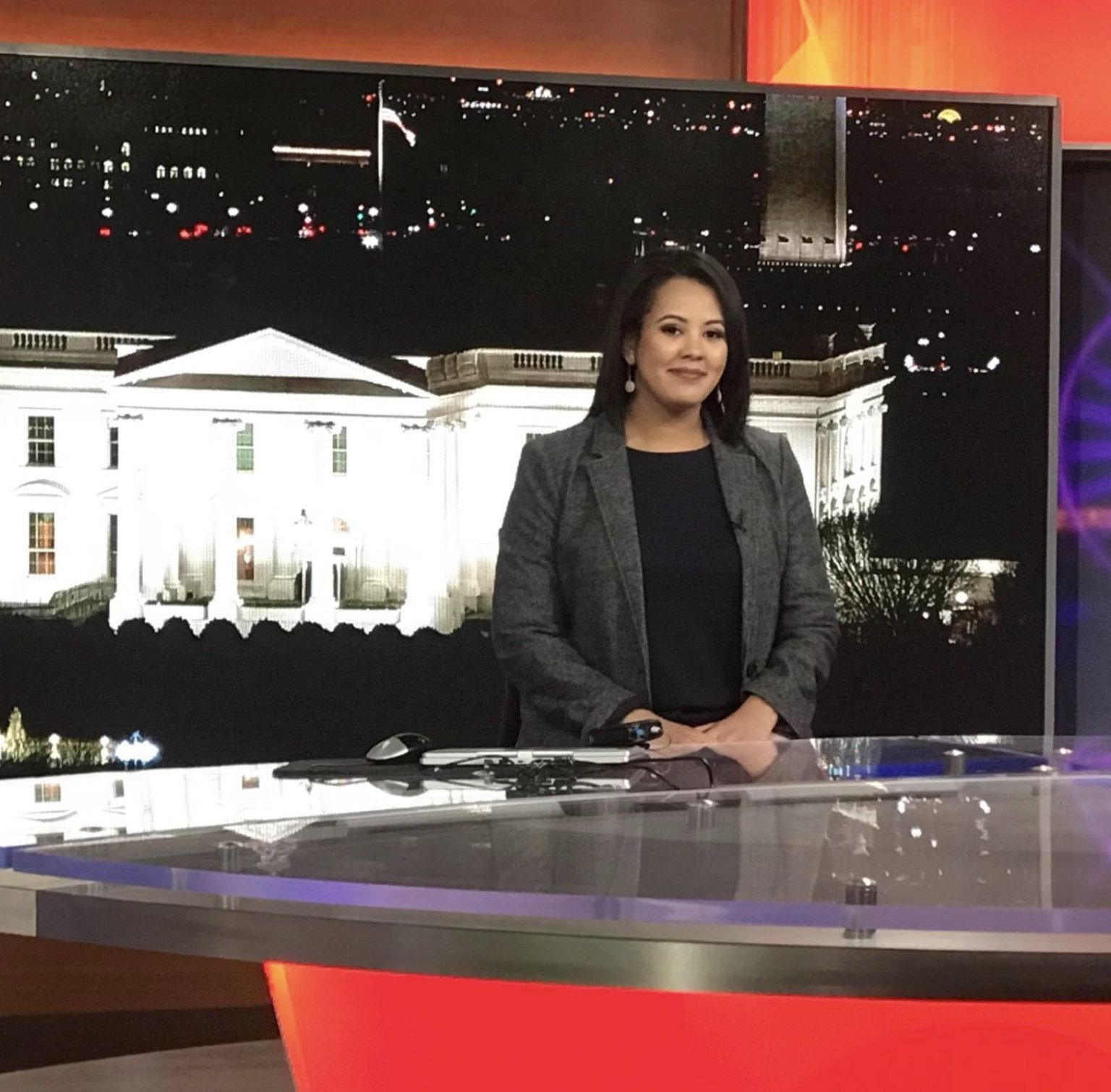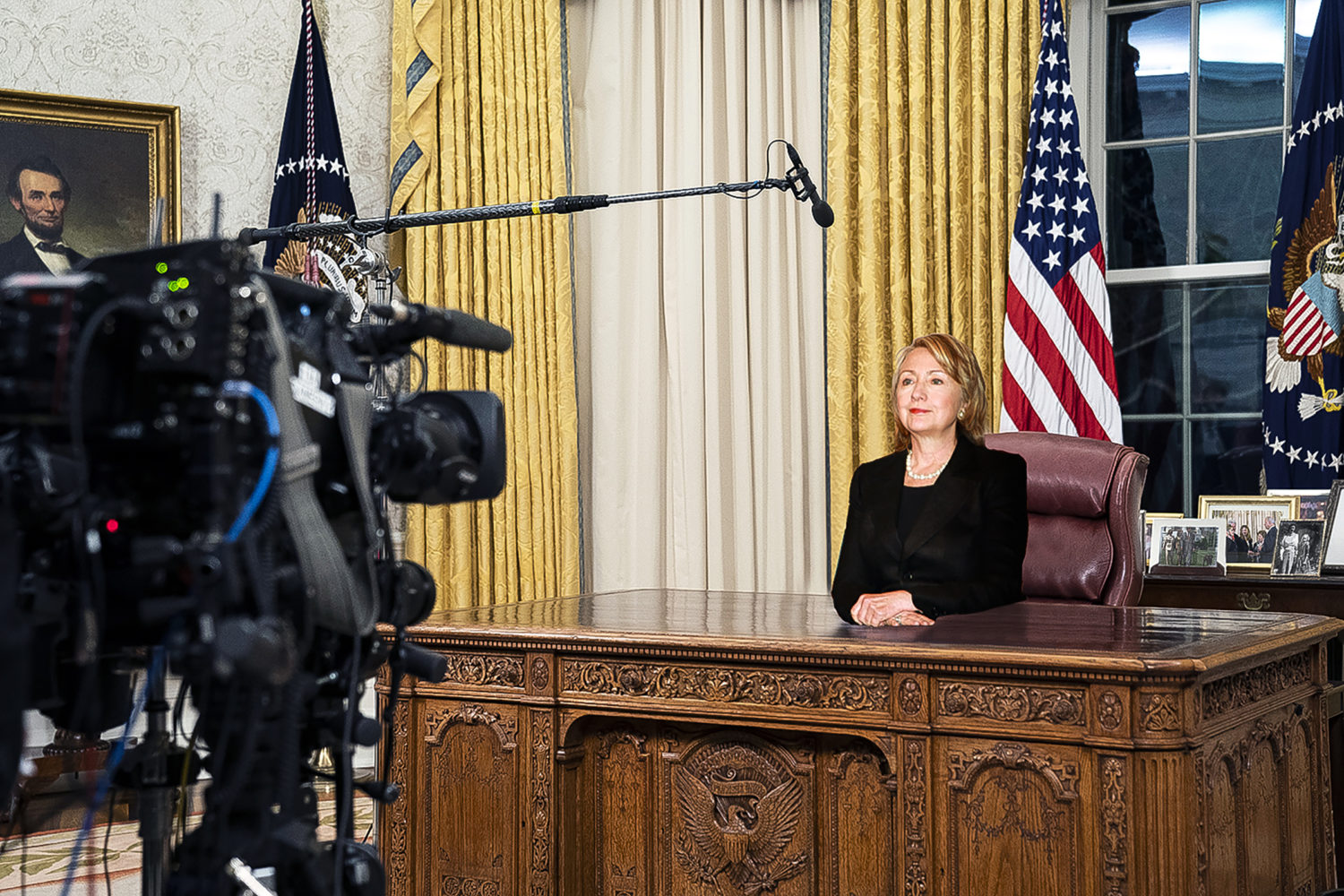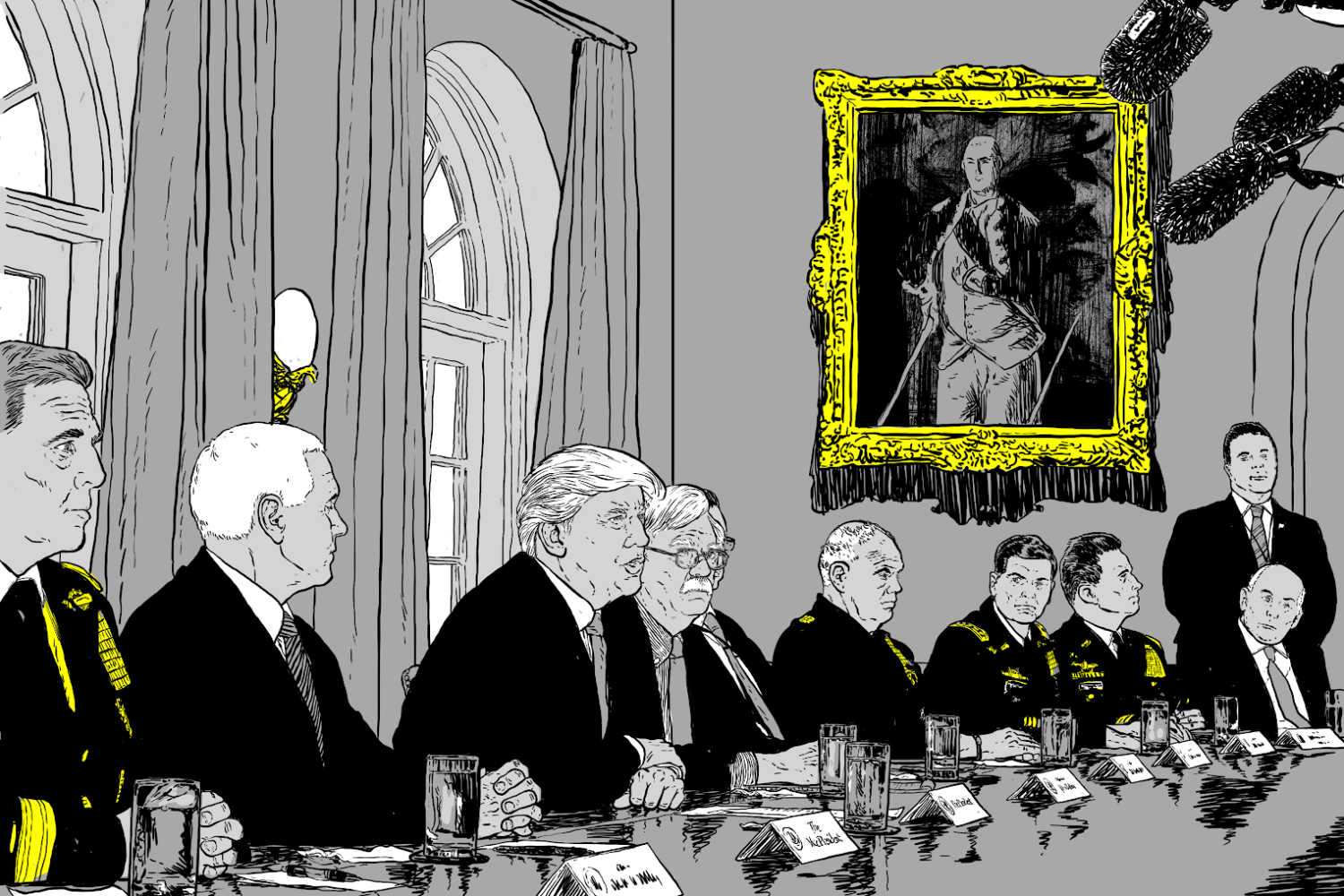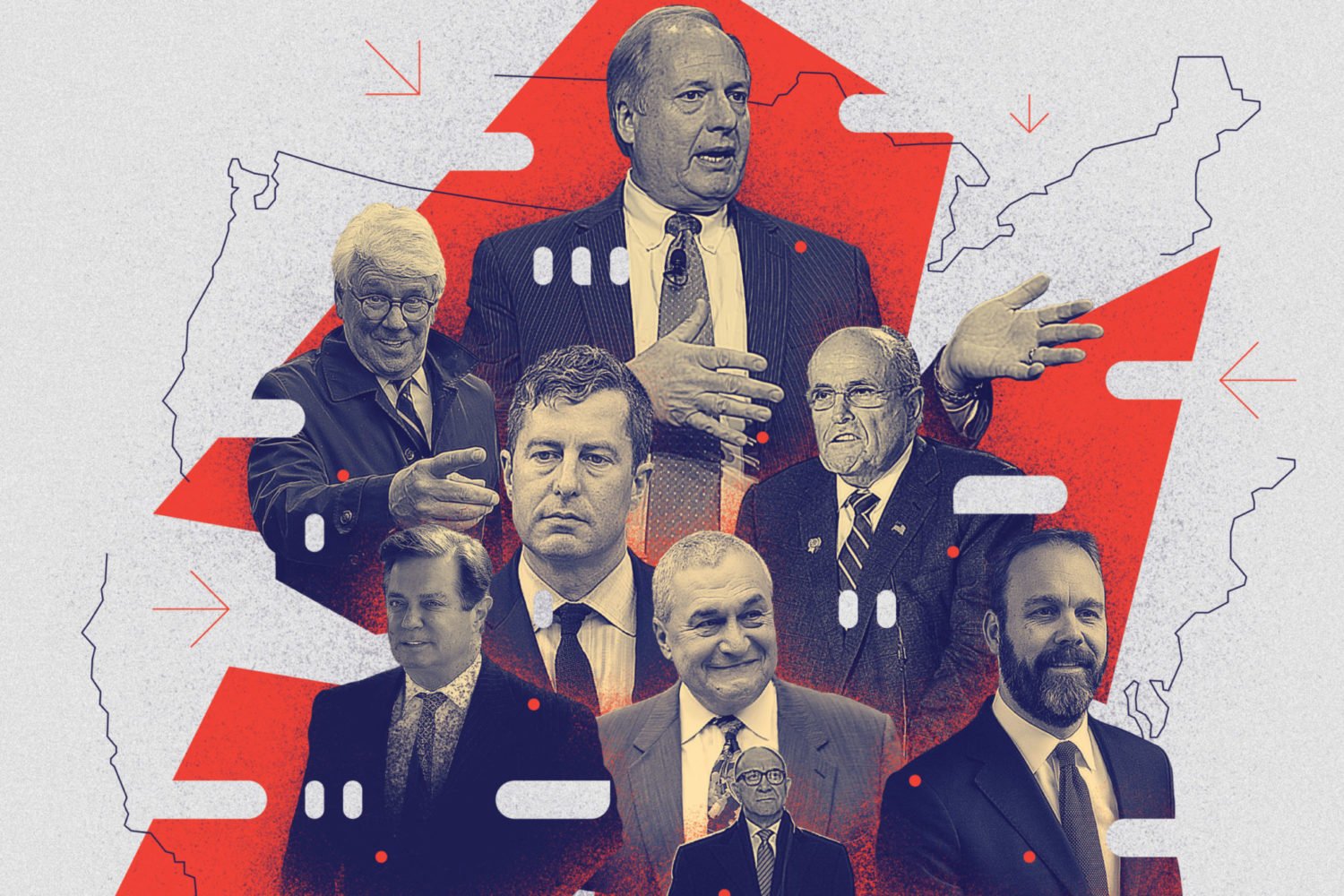Why read the 448-page Mueller Report when you could listen to all 19 hours of it verbatim? Audible released a free reading of the Mueller Report on its website Monday because, according to Marc Vietor, who narrated the obstruction section of the report, the audiobook producer feels “it’s the kind of information that shouldn’t have to be paid for.”
Audible’s actions say that the report shouldn’t just be free, but that it should be made available—fast. According the Vietor, the entire production took less than four days; the project wrapped on Easter Sunday.
“It took me all day Friday—by which I mean 10 AM to 10 PM, all day Saturday—9 in the morning until 10 at night,” Vietor says. “We did retakes [Sunday]. The whole thing was pretty mad. Fast, super fast. There were tons of hidden helpers, tons of people on different floors staying up all night, editing, correcting. There was a big group effort, everyone rallying on Easter weekend to do it.”
The weekend of hurried recording sessions and consolidated editing doesn’t reflect months long wind-up from Audible, according to Victor Bevine, the lead voice actor who was tapped for the project months ago.
“They approached me about three months ago and said, ‘We’ve got this project and would love for you to do it.’ I asked them, ‘Can you tell me what it is?’” Bevine says. Audible was cagey about the project details, but convinced Bevine—whose narration portfolio is in the hundreds and spans from classics like Franz Kafka’s “The Metamorphosis” to popular science fiction series like “Legend of Drizzt”—not to sign on to any new projects and leave time open to record whenever the unnamed Audible project was ready. Then, about a month ago, they reached out again.
“They told me I’d have to be working late hours,” Bevine says. “I, again, asked what the project was. They did not tell me. But then I realized what it was [on my own.]” Washington Post books reporter Ron Charles revealed Audible’s plans soon after, which gave Bevine plenty of time to familiarize himself with the world of his script, even if it wasn’t published yet.
Though Bevine, who fancies himself a political junkie, says that while he wasn’t given the typical months-long prep time, following the news cycle aided him greatly in his narration. Conveniently, he’d also spent some time in Russia, where he sharpened name pronunciation, a relevant skill to reading the Mueller Report.
When the Mueller Report surfaced on Thursday, Audible called again, “and I was in the studio by 4 PM,” Bevine says.
In stark contrast, Vietor’s involvement came as a matter of happenstance. When the report was released, the production team realized it would need more talent to cover the nearly five hundred pages of material. Vietor happened to be in the studio for another project and was tapped to read the obstruction section. To complete the recording, Mark Boyett, another voice actor who was enlisted to read titles and introductions, quickly saw his role expanded to read the appendix.
When it came to voice acting, Bevine used a classical narration approach to create an entertaining product that didn’t over-dramatize.
“There definitely was a narrative [to the report],” Bevine said. “You want to always stay present in what you’re saying. I find the best narrators trained with Shakespeare. They are trained in making long blocks of text easier to follow.”
Vietor, on the other hand, went for straight objectivity. “You have to find the clearest, most fluent, least biased, least slanty read that you can,” he says. “It’s newsreader speak.”
With their voices recorded and the project made public, the actors see themselves as playing a small, albeit important, role in history. “I’m excited to be part of getting it out quickly,” Boyett says. “More and more people will be able to hear it or read it than might otherwise, especially [considering it’s] for free.”
“Everything has a deadline,” Vietor adds, “but nothing’s been like this before.”

